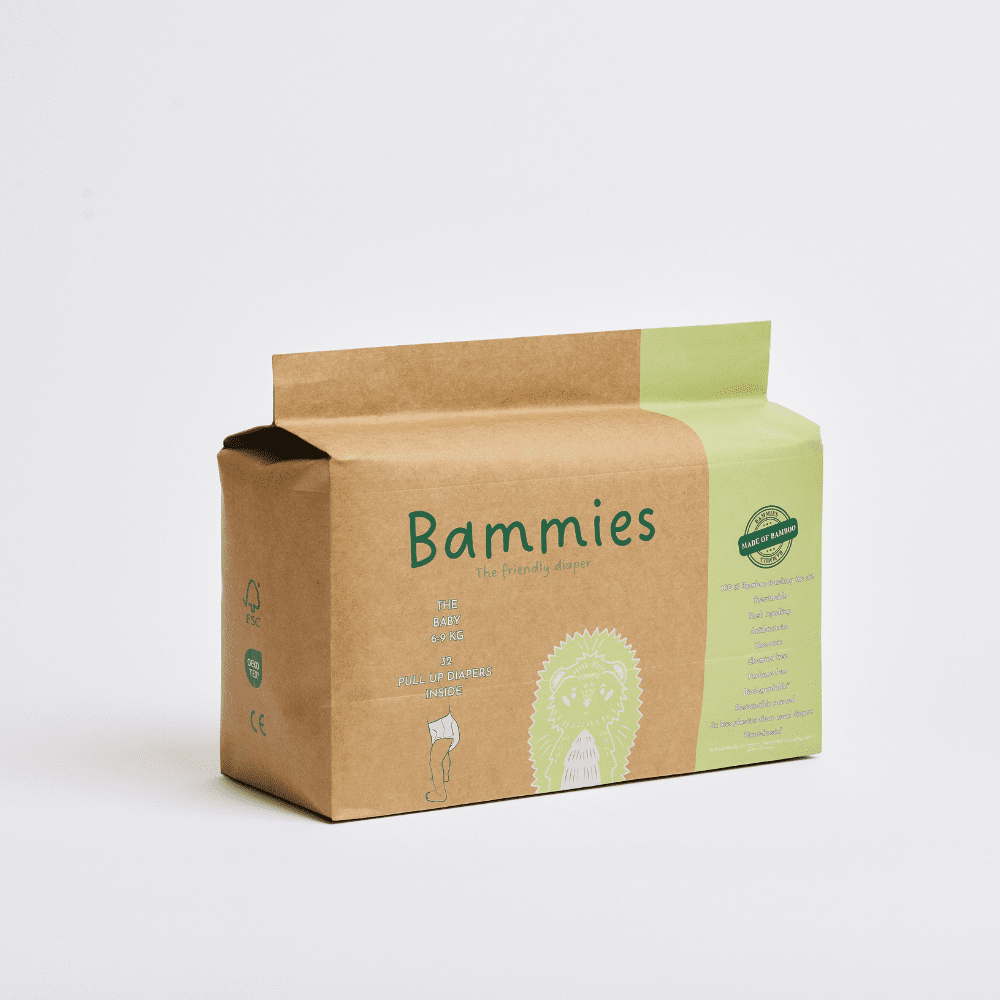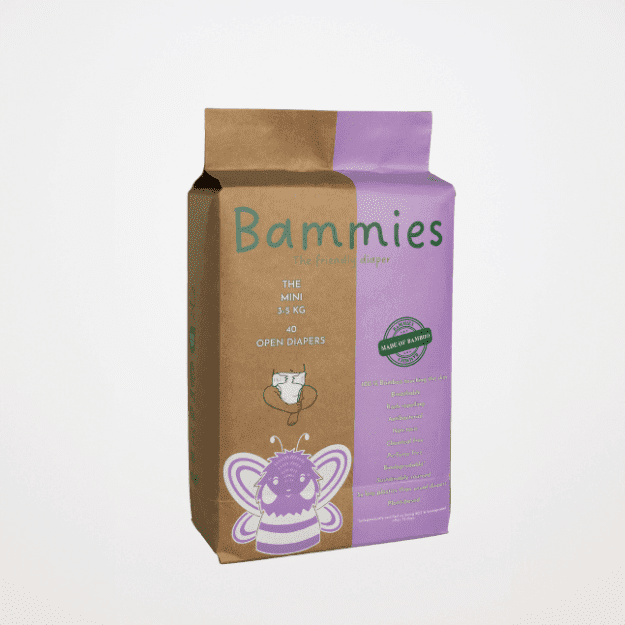Cold symptoms in small babies are harmless but can often be disturbing for baby and parent. But every year when winter and cold come, different viruses will also invade. In this blog post, we will look at what you as a parent should think about when your newborn has a cold and what tips can work to make things easier.
1. Keep a close eye on the symptoms
In order to give your newborn the best possible care, it is important that you understand and identify the cold symptoms. Common signs that a newborn has a cold include cough, nasal congestion, fever, decreased appetite, low mood and general well-being. If you notice these symptoms, you should immediately consult your pediatrician for advice on what to do.
2. Breastfeed or feed frequently
Breastfeeding is one of the best ways to boost your newborn's immune system and give them the necessary nutrients to fight off the common cold. If you bottle feed, make sure you follow your baby's appetite and offer smaller, more frequent meals. This helps keep them well hydrated and gives them energy to fight the disease.
3. Keep the air moist
Colds can be aggravated by dry air. Using a humidifier in your child's bedroom can help ease their breathing problems and reduce nasal congestion. However, be sure to clean the humidifier regularly to avoid the growth of mold or bacteria.
4. Use a nasal aspirator
A nasal aspirator is a useful tool for removing excess mucus from your newborn's nose. Be careful and use a soft nasal aspirator to avoid damaging the sensitive nasal mucosa. Doing this before you feed or put your baby to sleep can make it easier for them to breathe.
This nasal aspirator works great.
5. Keep your baby isolated
During the cold season, it is a good idea to avoid taking your newborn to crowded and dirty places. Too much exposure to other sick people increases the risk of infection. Also, ask guests and relatives to be extra careful if they have cold symptoms and want to meet your baby.
6. Wash your hands thoroughly
Parents and anyone handling your newborn should wash their hands thoroughly and often to prevent transmission of viruses. Use soap and water for at least 20 seconds and avoid touching your face, especially the eyes, nose and mouth.
7. Contact your pediatrician
If your child's condition worsens or you are unsure how to manage their cold, do not hesitate to contact your pediatrician. They can advise you on medicines that are safe for newborns and other measures that may be necessary.
Also remember that colds are usually self-limiting and go away with time. Take care of yourself too, because a healthy and well-being parent is the best prerequisite for giving your newborn the care they need.
Here you can read about tips for newborn babies

